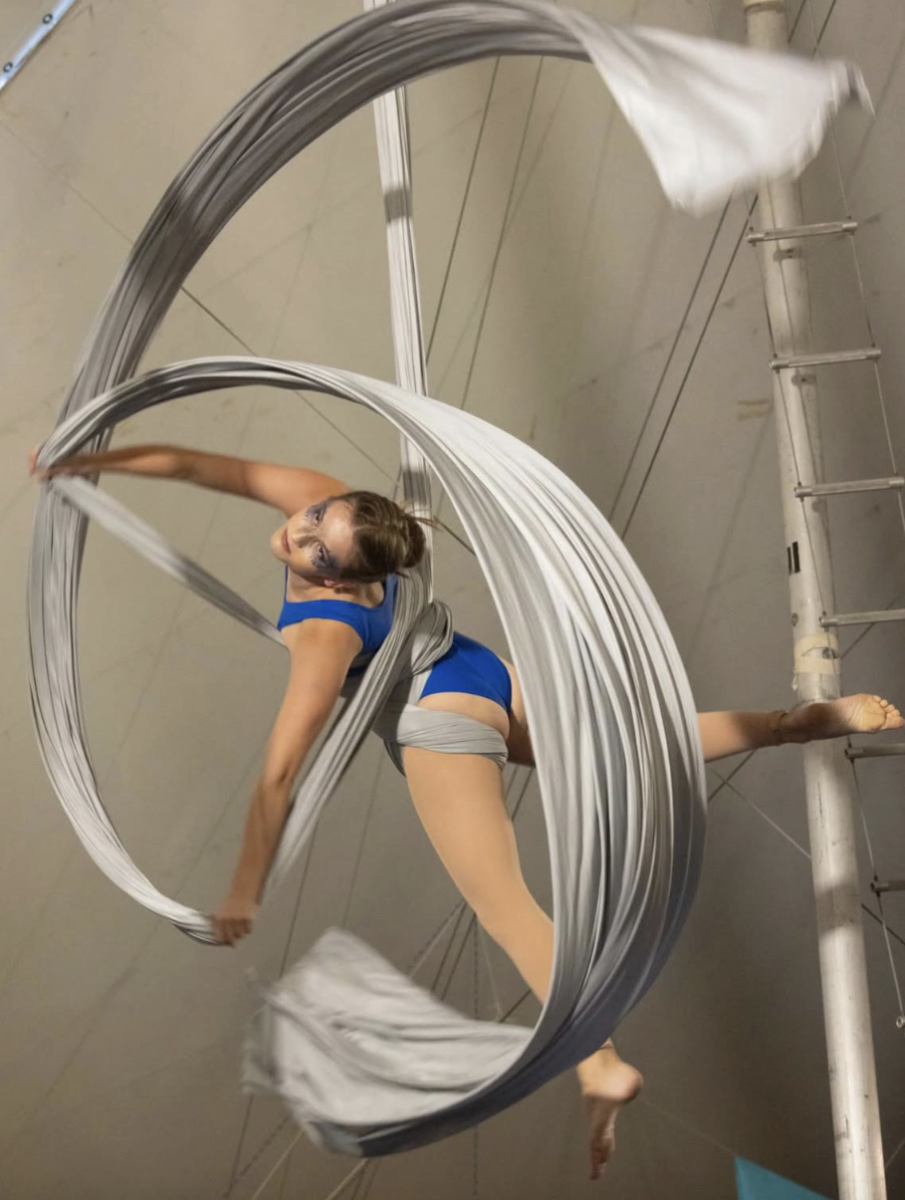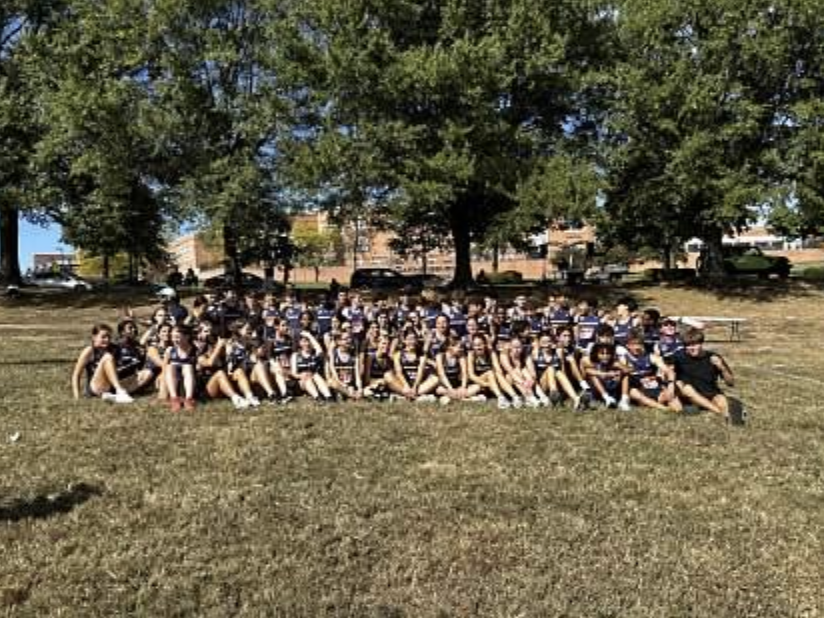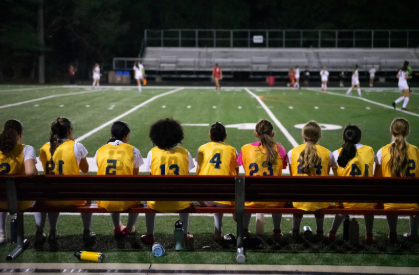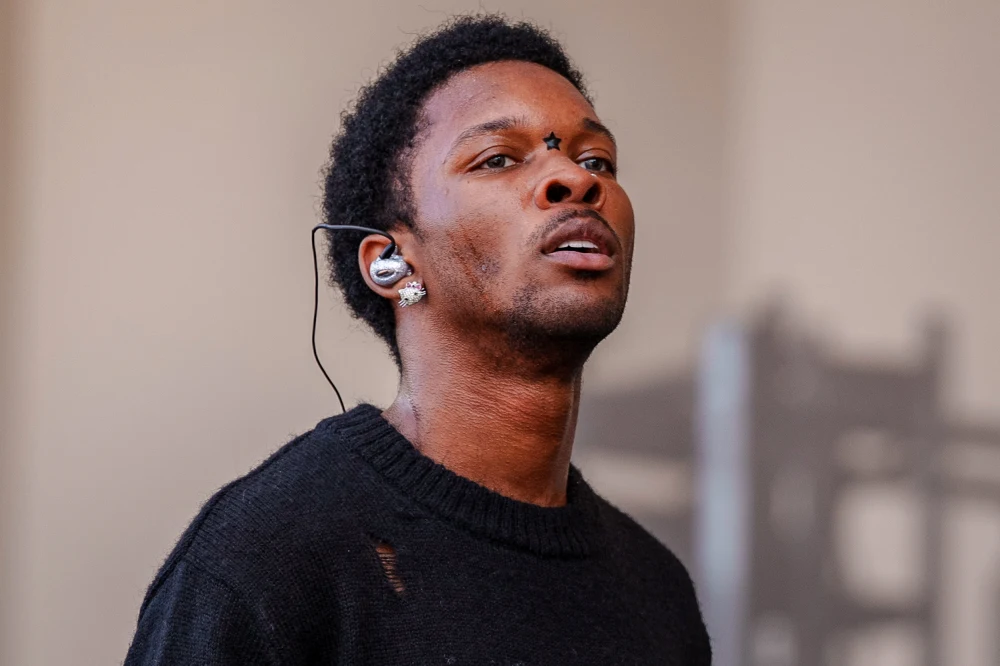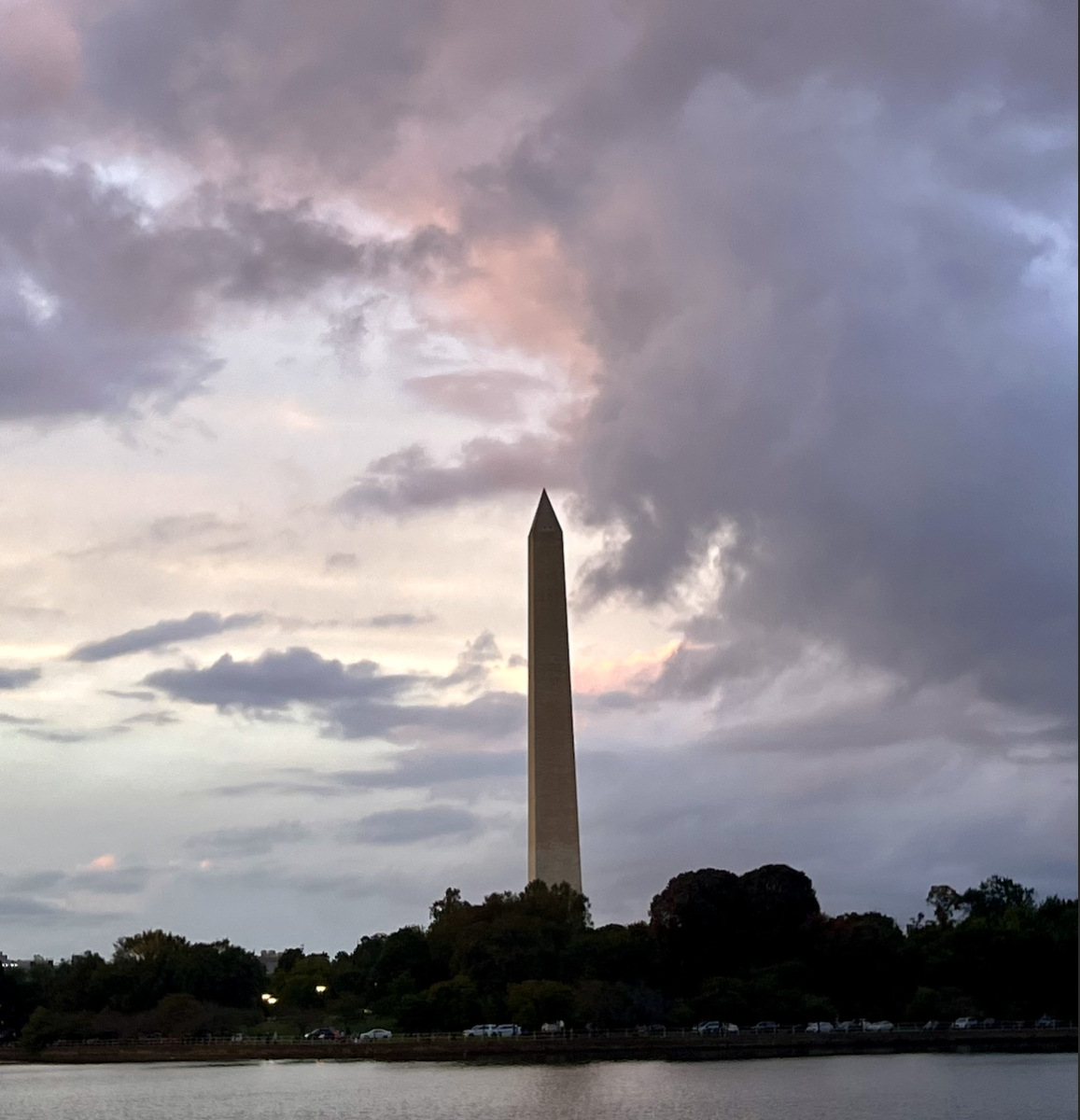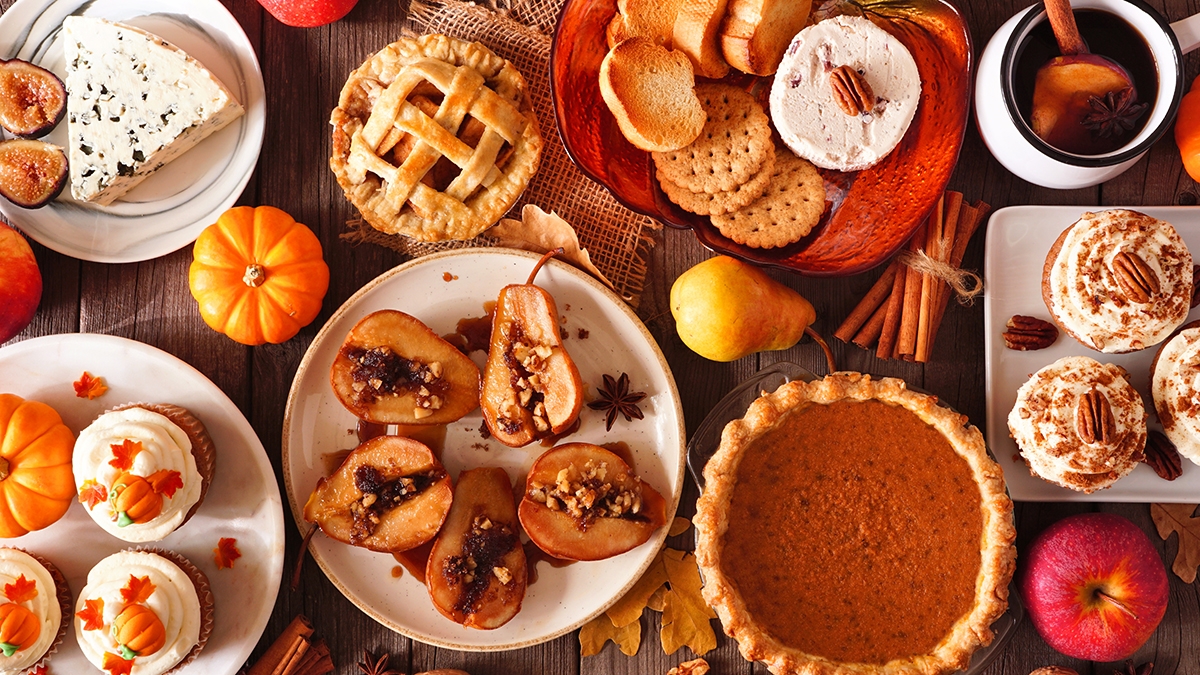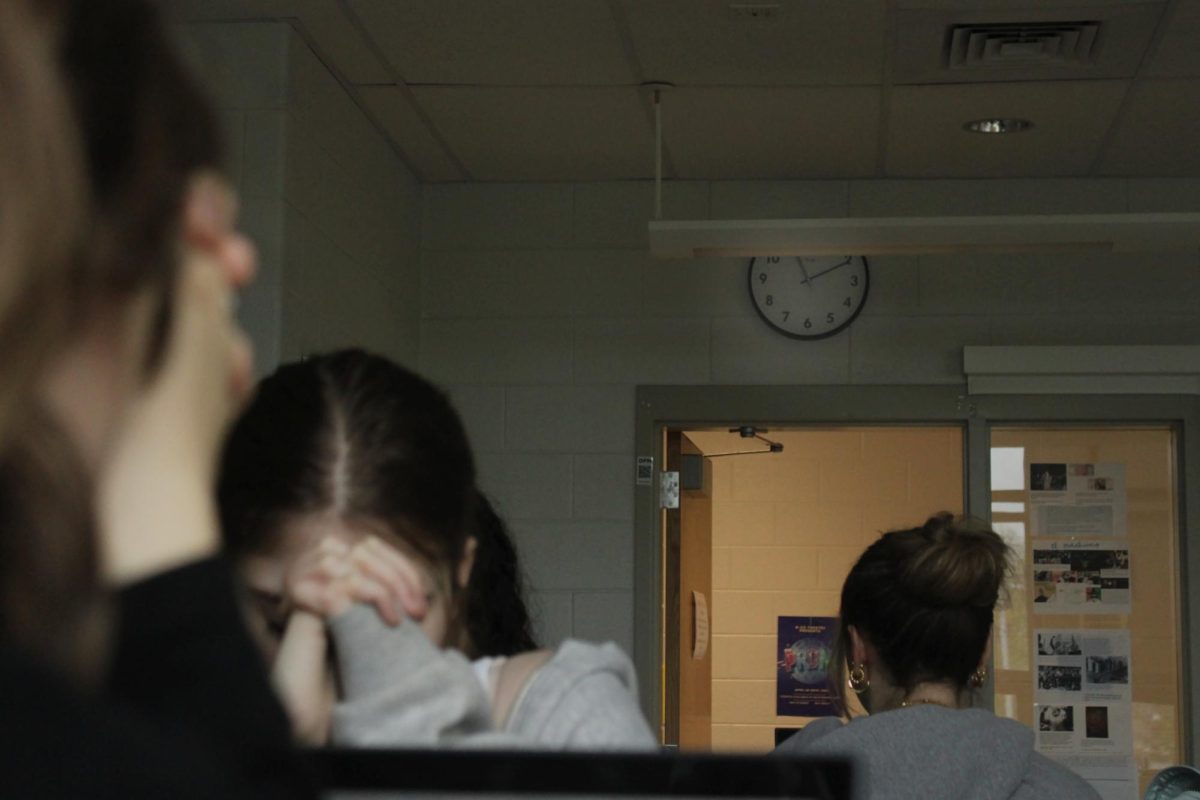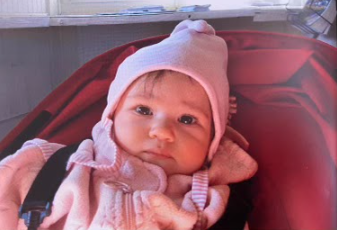Stevie Wonder, an influential figure in music history, released his hit song, “Superstition,” in 1972. The chorus is, “When you believe in things that you don’t understand, then you suffer. Superstition ain’t the way.” Was Stevie Wonder right? When you believe in things that you don’t understand, do you suffer?
From avoiding cracks on the sidewalk to picking up pennies on the floor, the call to one’s superstitions can be found anywhere and everywhere. At B-CC, it is common to hear students shouting, “Don’t split the pole!” or “11:11 make a wish!” Here in Period 4 Tattler class, students take 11:11 very seriously. Every day, hands are fused into fists and wishes are silently made. After a minute, the fists come apart, and whether these wishes come true or not is entirely up to the universe.
But where did superstitions begin? Why are they such a huge thing?
The Britannica Dictionary defines a superstition as “a belief or way or behaving that is based on fear of the unknown and faith in magic or luck” and “a belief that certain events or things will bring good or bad luck.” As for the history of the term, it goes back to ancient Norse and Greek mythology. Culture and socialization are vital sources of superstition, as people from different areas of the world grow up learning beliefs local to their area.
Journalist Shelby El Otmani, author of The Book of Superstitions, describes the origins of some widely held, yet unsubstantiated, beliefs. Through an interview with Michael Hagerty, Senior Producer for Houston Matters, she shared the biggest takeaway from her research. “It comes from this sense of trying to understand what’s going on around us and trying to create a little less uncertainty and anxiety about the regular chaos of life.” According to Healthychildren.org, one in three adolescents experience anxiety. Given these statistics, it is not merely a coincidence that many B-CC students believe in these superstitions. For example, Sophomore Sofia Guyer shared, “For me superstitions, whether or not they are really true, are sort of an attempt to control things in my life. Like, if I have a big event, I’ll wear my lucky socks. It’s not reliable, but it feels reassuring in a way.”
El Otmani continued, “I think, superstitions aside, you might hear a loud sound, and it might make you nervous. And so you’ll run away from the sound. I think you can trace a superstition back to that where, ‘Oh, last time I did this thing, it was Friday the 13th, and something really bad happened. So, Friday the 13th is bad luck.” Senior Liv Dentoni is a firm believer in all things superstitious. When asked why she takes these unproven beliefs into consideration, she explained, “It’s safer than not being superstitious. In my mind, it’s a net positive. Wishing on things is a drive to do well.”
Per an article from Psychology Today, Dentoni is an example of what is called a “passive believer,” which is when one chooses not to act on the superstitions they affirm. Perhaps many B-CC students find themselves passive believers, as well. Boiling down superstitions to the notion of “better safe than sorry,” the next time someone steps on a crack in the sidewalk or wishes upon 11:11, their intention might just come true. Despite the skepticism surrounding the topic of superstitions, their impact is undeniable. Dentoni concluded, “The superstition I think about the most is stepping on cracks. Every time I’m walking, I manage to not step on a crack. I think about these superstitions almost every day.”



